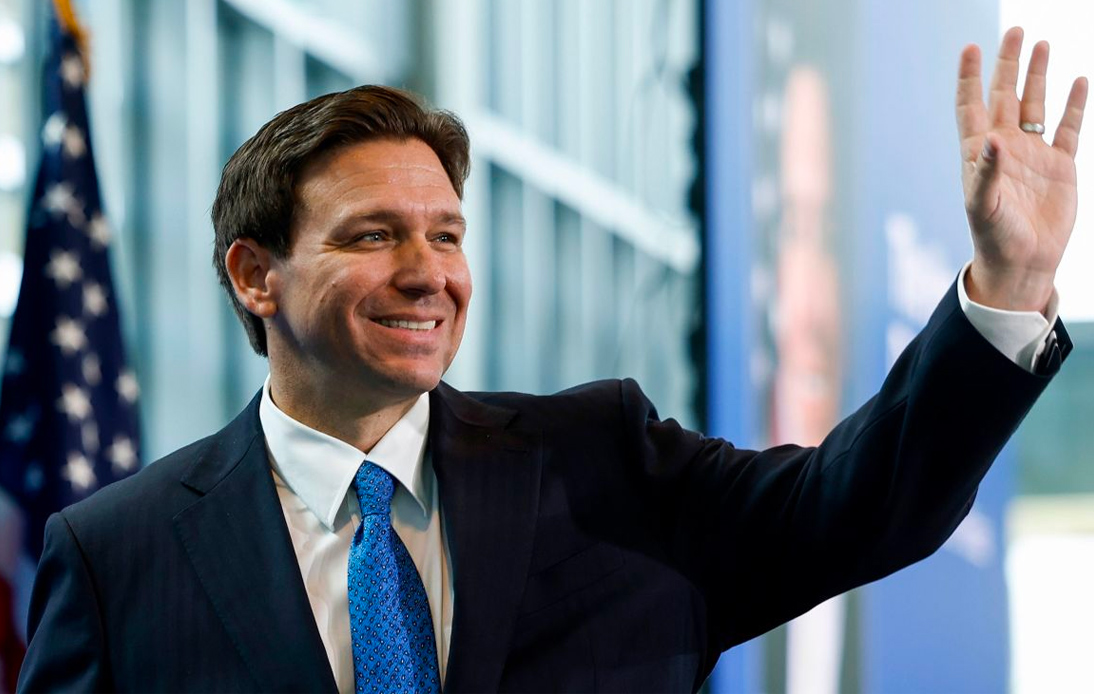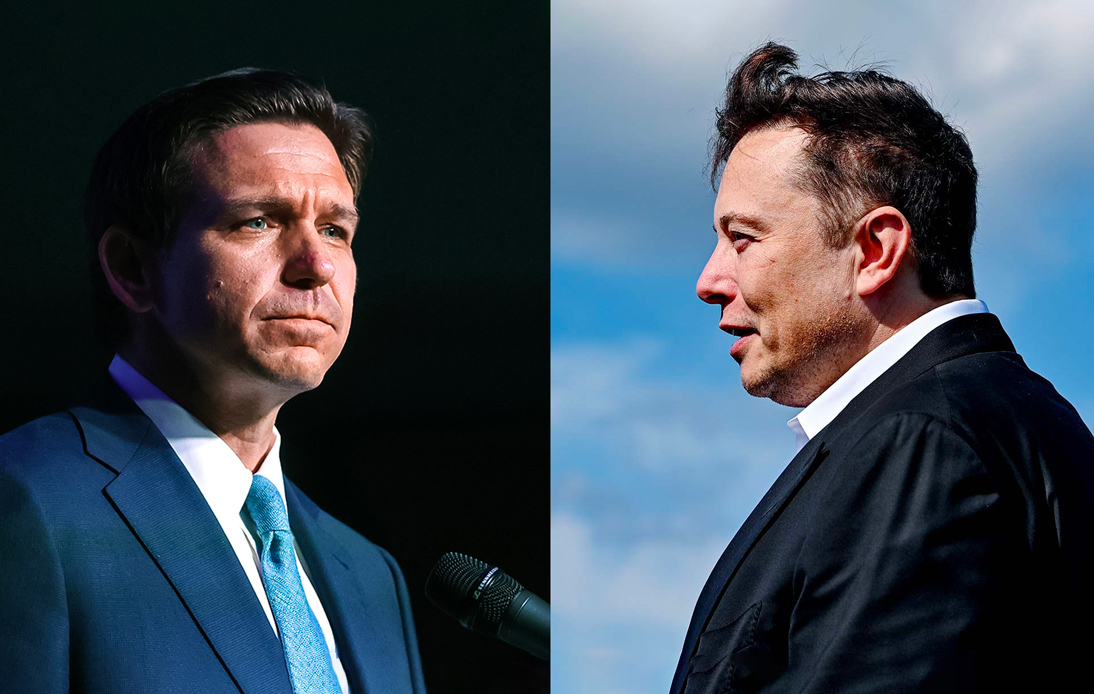
On Wednesday, Ron DeSantis is anticipated to announce his 2024 bid for the Republican presidential nomination during a live interview on Elon Musk’s Twitter platform.
In this move, the Florida governor is steering clear of the conventional avenues for initiating a political campaign, like a live rally, a prominent TV conversation, or a skillfully crafted online video.
Though he will ultimately engage in all these strategies, his decision to opt for Twitter initially presents a significant reflection of the style of campaign he intends to run and the sort of supporter he aims to attract.
This event, the specifics of which are yet to be established, is certain to draw a supportive crowd for Mr. DeSantis.
At a gathering on Tuesday, Mr. Musk indicated that he would not endorse any candidates “at this time”.
He stated that he had voted for President Biden in 2020, and identifies himself as a centrist, although he did express last year that he would back Mr. DeSantis should he decide to run for presidency.
Mr. DeSantis’ engagement on Twitter’s live streaming service known as Spaces will provide him with access to Mr. Musk’s expansive following.
Mr. Musk enjoys favourable view among most conservatives following his acquisition of Twitter and his subsequent utilization of the platform to boost conservative voices.
By associating himself with Mr. Musk and Twitter, Mr. DeSantis also affiliates himself with the forceful brand of conservatism that has become prominent on social media in the past few years.
This may also be perceived as a direct challenge to his primary political opponent, former US President Donald Trump, indicating that the Florida governor will not yield the online arena to his 2024 competitor.
Following the assault on the US Capitol on 6th January 2021, Mr. Trump was banned from Twitter and established his own rival social media platform, Truth Social.
Throughout his presidency, Mr. Trump used Twitter to steer news cycle after news cycle, and he was of the belief that it played a crucial role in his victory in the 2016 campaign.
“I might not be here talking to you right now as president if I didn’t have an honest way of getting the word out,” he stated in 2017.
The ban on Mr. Trump has since been lifted by Mr. Musk, but the former president has not resumed tweeting.
Last month, Mr. Musk informed BBC News that he had not been in contact with Mr. Trump since acquiring Twitter. “He may or may not come back,” he stated.
Twitter boasts a significantly larger active user base than Truth Social, providing an advantageous opening for Mr. DeSantis.
For Musk’s part, he sees this as a triumph, seeking to host significant moments live on Twitter. He is particularly interested by Twitter Spaces, where an interview on the platform can attract millions of listeners.
However, by seeming to align himself with Mr. DeSantis, he could potentially face criticism for transforming Twitter into a forum exclusively for conservatives.
Such a close association could also pose challenges for the DeSantis campaign.
Undoubtedly, Mr. Musk can provide much-needed exposure for Mr. DeSantis. However, Mr. Musk is notoriously unpredictable, often stirring up chaos.
He could offer his support to Mr. DeSantis, only to take it back – he possesses the platform to both promote and undermine him.





















